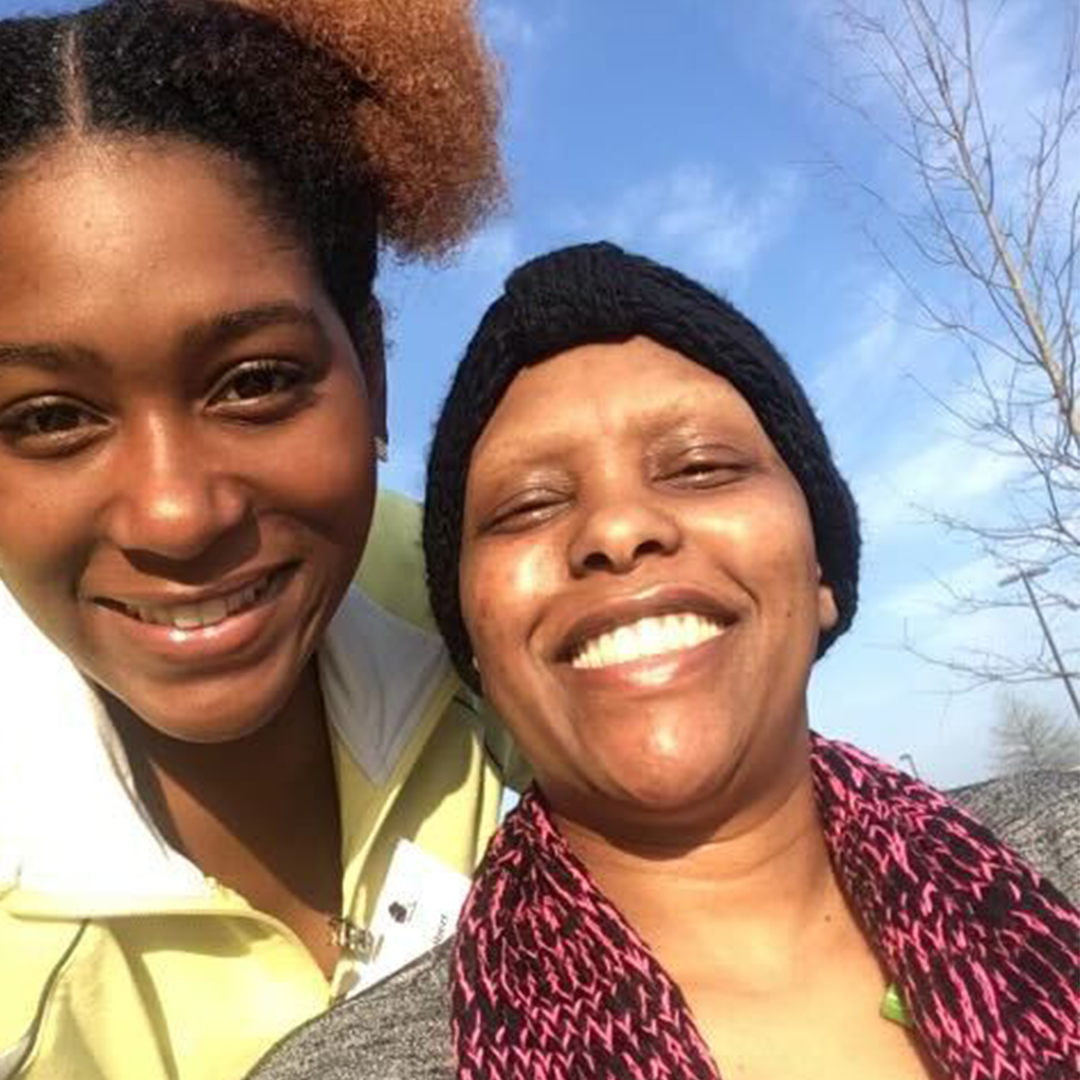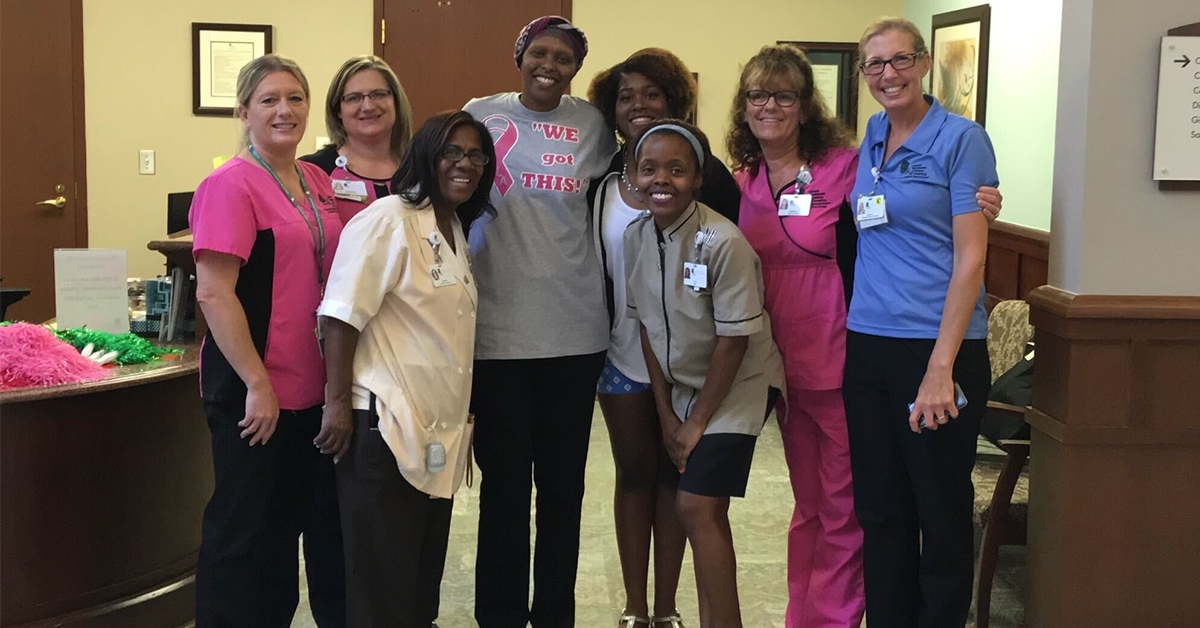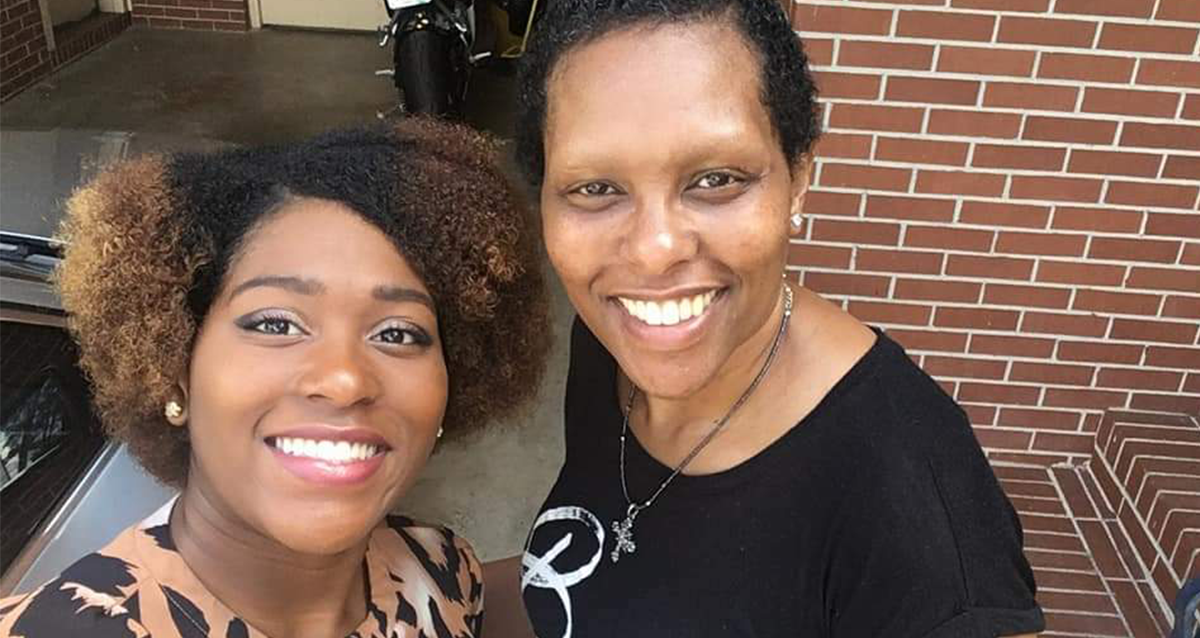


When Sheila M. was diagnosed with breast cancer, her daughter Kadeah T. was right by her mom’s side. Through treatments, side effects, second opinions and survivorship, Kadeah served as her mom’s pillar of support and primary caregiver. Here, Kadeah shares the advice she’d give other caregivers.

